HotSpots H2O, December 17: Refugees Returning to Syria Face Devastated Water, Sewage Infrastructure
The Rundown
Islamic State (IS) militants were ousted from key Syrian cities in 2018, and the country’s civil war, approaching its eighth year, is winding down. Despite these improvements, water access remains poor, and damaged infrastructure complicates the homecoming of millions of displaced people.
The United Nations and other aid groups are assisting destroyed communities. In Deraa City, UNICEF helped construct a 16-kilometer pipeline, which delivers clean water to 200,000 people. In Raqqa, the U.S.-funded Early Recovery Team is prioritizing drinking water purification and sewage system repairs. Aid workers, however, still struggle to access parts of the country, and rebuilding in many areas is expected to take years.
“In Douma, families are living – and raising children – amidst the rubble, struggling for water, food and warmth in this winter weather.” –Henrietta Fore, UNICEF Executive Director, in reference to a town in East Ghouta that was recently freed from a five-year IS siege.
By the Numbers
11 million Syrian residents who remain in need of humanitarian assistance, according to the World Health Organization.
5.6 million Syrian refugees residing in neighboring countries, including Turkey, Lebanon, Jordan, Egypt, and Iraq. An additional 6 million Syrians are internally displaced.
37,000 Syrian refugees who have returned home in 2018.
250,000 Syrian refugees who will be able to return home in 2019, according to UN estimates. They will face a number of barriers including damaged infrastructure, unexploded mines, and limited documentation of home and property ownership.
80 percent Proportion of infrastructure in Raqqa that was destroyed during the battle to liberate the city. Several Syrian towns sustained similar damage.
4 million Estimated number of children born in Syria since the conflict began in March 2011. Many of these children have been displaced several times, and live without steady access to clean water.
On the Radar
The Kurdish-led Syrian Democratic Forces (SDF) announced last week that it had nearly captured Hajin, the last IS-controlled town. Turkey, however, is threatening to launch an attack on the Kurdish group YPG, which makes up a majority of the SDF. Turkey has branded the YPG a terror organization, and fears that its presence near the Turkey-Syria border could disrupt national security. The United States and the SDF warn that a Turkish attack on Kurdish-held areas of northern Syria would be detrimental to regional stability and the fight against IS.
Resources and Further Reading
In context reporting from Circle of Blue: HotSpots H2O, March 12: Spotlight on Recent Unrest in Syria.
As Kurdish fighters move on last Isis-controlled town in Syria, Turkey threatens attack (The Independent)
Efforts to Rebuild Raqqa Continue After Islamic State (Voice of America)
Half of Syria’s children have grown up only seeing violence as conflict nears eight-year mark (UNICEF)
Syria Crisis October 2018 Humanitarian Results (UNICEF)
UN says 250,000 refugees could return to Syria in 2019 (Al Jazeera)
Kayla Ritter is a recent graduate of Michigan State University, where she studied International Relations and Teaching English to Speakers of Other Languages. She is currently based in Manton, Michigan. Kayla enjoys running, writing, and traveling. Contact Kayla Ritter

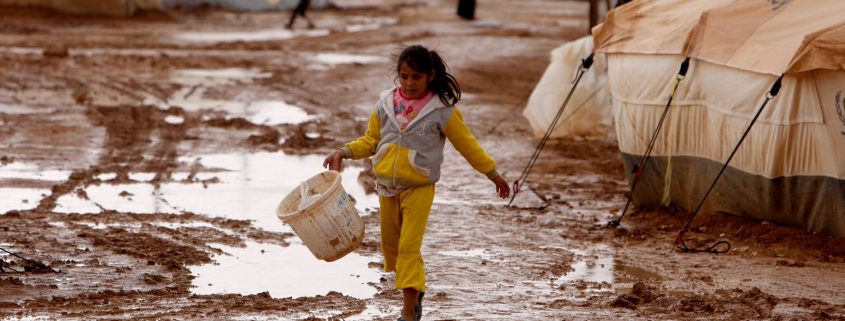
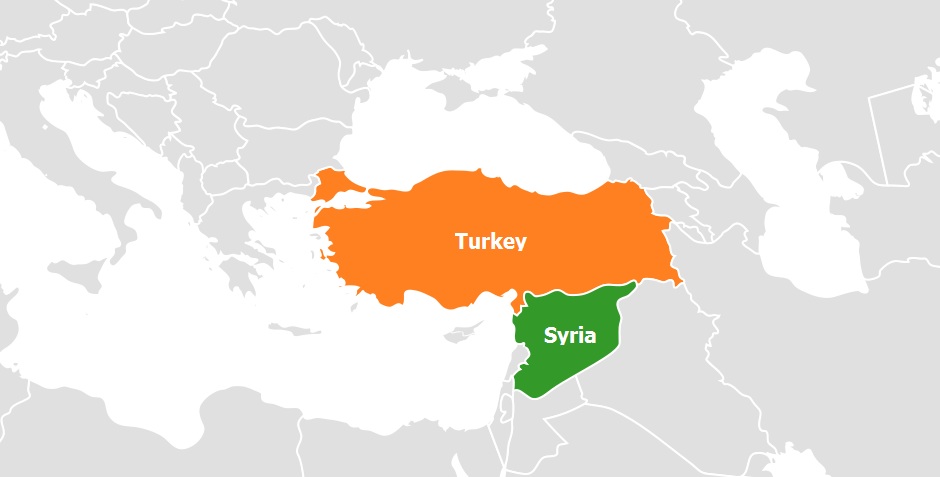


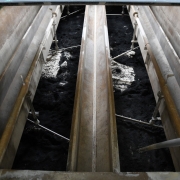
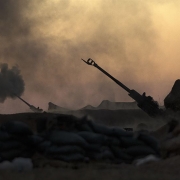

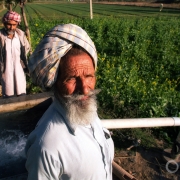



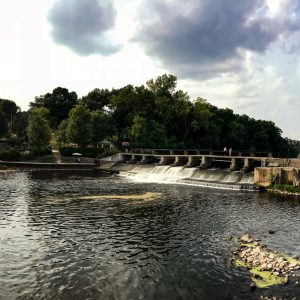

Leave a Reply
Want to join the discussion?Feel free to contribute!